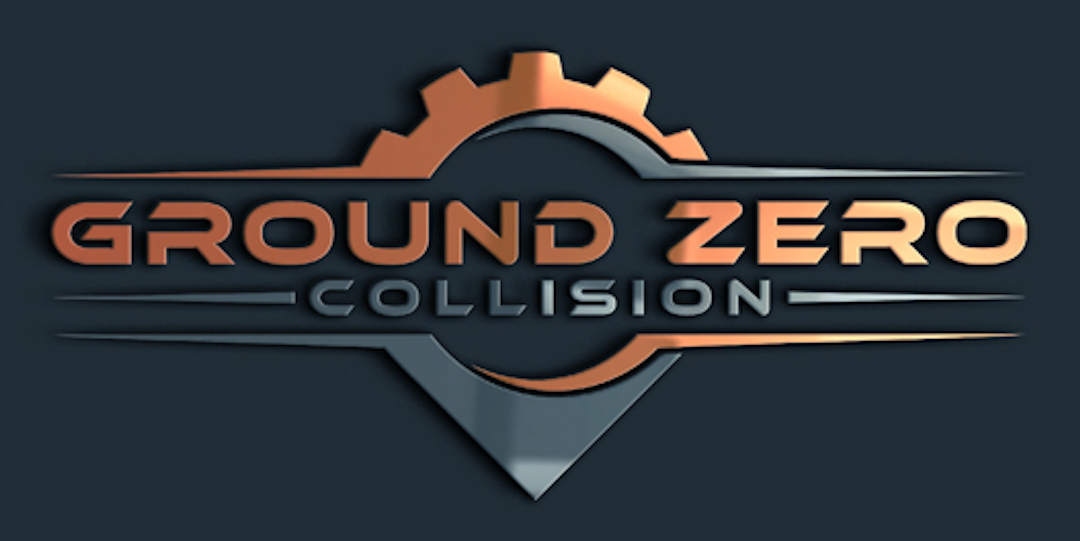After a car accident, you might ask your insurance company for help. But their advice might not be the best for you. They might try to make you use a repair shop they like. These shops might not do a good job or use bad parts. These insurance tricks are called steering. Even though there are laws against it, insurance companies still try to get around them. They might use lies and scare you into using shops that save them money but do bad repairs.
| Insurance Trick | Explanation |
| 1. “We only like shops in our network.” | Insurance companies may claim that their “preferred” shops offer better service, but these shops might prioritize the insurer’s profits over quality repairs. |
| 2. “We can’t promise that shop will do a good job.” | Repair shops, not insurance companies, provide warranties on their work. Trustworthy repair shops offer lifetime warranties on repairs, regardless of the insurance provider. |
| 3. “That shop charges more, and you might have to pay the extra cost.” | Insurance companies may underestimate repair costs, but when certified technicians assess the damage, they can demonstrate the necessary steps for proper repairs. Insurers usually cover these costs when the repairs are justified. |
| 4. “It takes longer to finish claims at that shop.” | Insurance companies may use claims processing delays as a tactic to pressure policyholders into using their preferred repair network, which may use cheap parts and skip important steps in the repair process. |
| 5. “They charge for things that aren’t needed.” | This statement might be used by insurance companies to avoid paying for repairs that restore your vehicle to its pre-accident condition. Reputable repair shops prioritize vehicle safety, unlike the shops preferred by insurance companies. |
As a car owner, you might end up with bad repairs and cheap parts. But you have the right to get your car fixed like it was before the accident. Don’t let insurance companies trick you. Learn about their tricks and be ready to deal with them after an accident:
“We recommend shops within our preferred repair network.”
Insurance companies say some shops are “preferred” because they work with them. But these shops might care more about the insurance company’s money than fixing your car well. They might use cheap parts and not do important steps to keep your car safe. Pick a shop that cares about you more than the insurance company.
“We can’t vouch for the work done at that shop.”
This trick is not true. Repair shops give promises on their work, not insurance companies. A good repair shop will promise that their repairs will last, no matter what insurance you have.
“That shop charges more, and you might have to pay the extra cost.”
Insurance companies might not guess the right cost for repairs. When good workers check the damage, they can show what needs to be done to fix your car right and safely. Insurance usually pays for this when the repairs are needed.
“The claims process takes more time at that specific shop.”
Insurance companies might say this to make you use their favorite shop. They might say their shop can start right away, but other shops take longer. This is just another trick to make you use a shop that uses cheap parts and skips important steps.
“They’re billing for unnecessary parts and procedures.”
Insurance companies might say this to not pay for fixing your car like it was before the accident. Using bad parts and not doing important steps can make your car unsafe and worth less money. Good repair shops care about making your car safe, not like the shops the insurance company likes that might use bad parts.
Insurance companies use these tricks to make you pick a shop that saves them money. By knowing these tricks, you can make smart choices after an accident. If you have questions or need more information, don’t be afraid to ask for help.
To gain a deeper understanding of how steering affects your right to quality vehicle repairs, the article, “Beware of Steering” provides further insights into the issue. That article emphasizes the importance of being aware of this unethical practice. By reading it, you can make more informed decisions when dealing with insurance companies after an accident.

